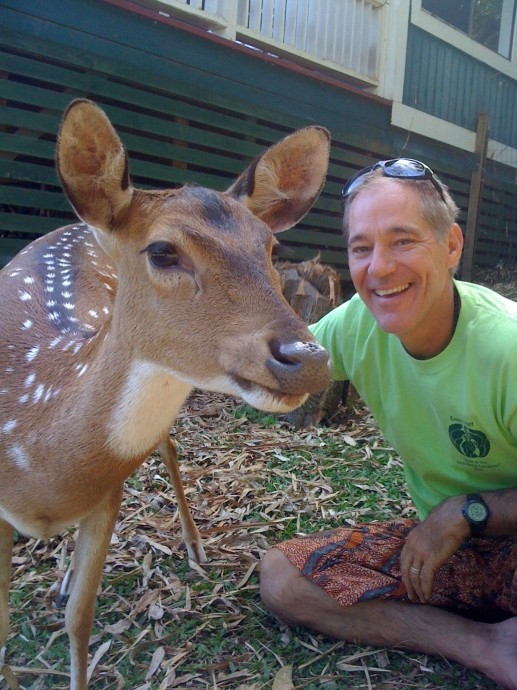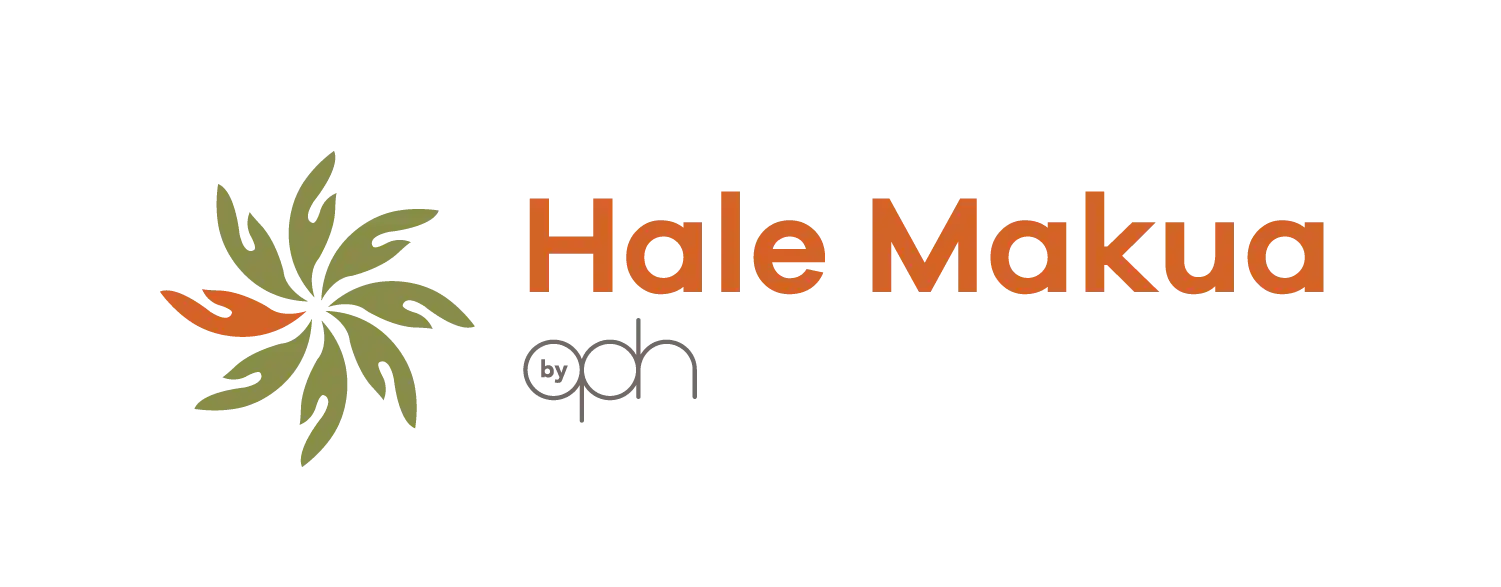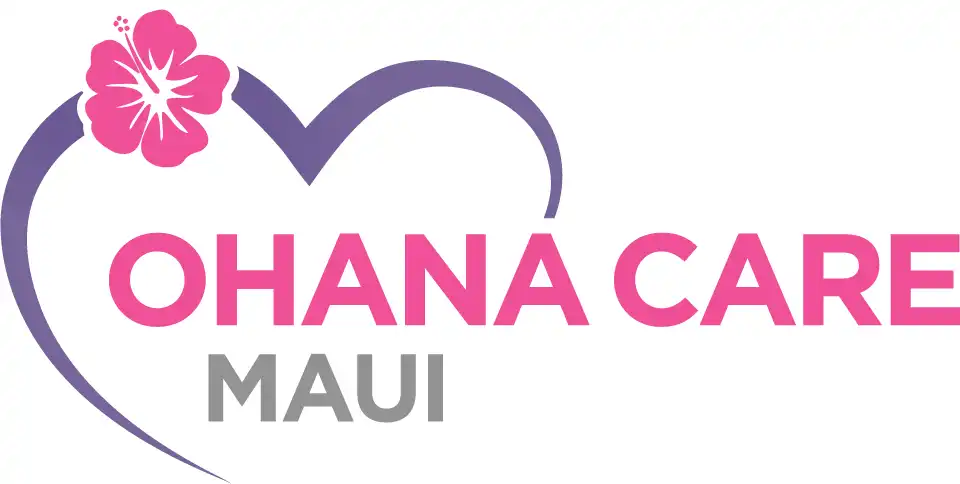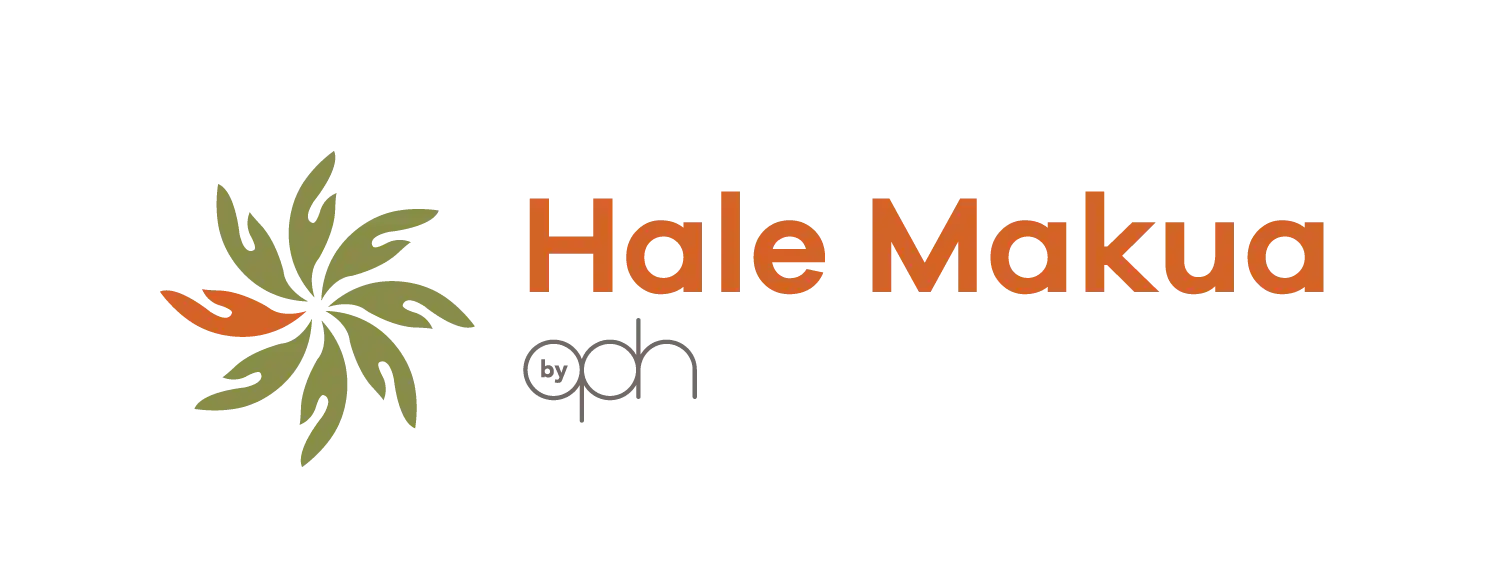Rob Parsons: Connecting the Dots for Maui’s Environment
Sarah Ruppenthal teaches journalism at UH Maui College, and has been writing about Maui for many years.
By Sarah Ruppenthal
Born in Minnesota and raised in Wisconsin, Rob Parsons says two full decades of upper Midwest winters convinced him to move to a warmer climate.
Thirty-five years later, the die-hard Milwaukee Brewers and Green Bay Packers fan now serves as Maui County’s environmental coordinator—picking up where he left off as the first-ever environmental coordinator under the former Arakawa Administration.
Parsons is universally known for his intelligence and integrity, but perhaps more so for his unfailingly polite and affable demeanor. “I believed I have learned a lot of diplomacy along the way,” he says.
Before he was appointed environmental coordinator, Parsons worked within the environmental community as both a consultant and an advocate. He says he was inspired to become a part of this community—and the political process—at an early age. “I came in through community activism, reacting to witnessing loss of public beach accesses, open space views, and such,” he explains. “But I also had an early regimen of politics with student council in junior high and student senate in high school.”
He also credits his family for encouraging him to take a proactive approach to environmental advocacy—and life in general. “[My family] has a deep curiosity and appreciation for the natural world around us,” he says, “and the marvelous variety of other living species with which we share this planet.”
Parsons describes his current job as a ‘connect the dots’ role. “It is of utmost important to make sure all the right people are involved and part of seeking solutions to complex solutions,” he says. “I need to bring many players into the conversation, and know the go-to people and agencies [and] when all the dots are connected, the big picture is revealed, much like those dot-to-dot books that I loved as a kid.”
It’s no secret that Maui County faces its own unique set of environmental challenges, and Parsons says several stand out as paramount, including clean air issues associated with big plantation agriculture, invasive species and watershed protection (with Axis deer as the most recent “poster child”) and renewable energy choices.
Capping off the list are green economy and sustainability issues. “Which include the need to shift our dependence on imported food to a robust local agriculture economy,” he says, “and the need for greater governmental support in addressing all environmental issues.”
When it comes to support, though, Parsons says Mayor Arakawa has his back. Currently, the administration’s environmental priority list includes mitigating the Axis deer problem, handling storm runoff, adding more renewable energy projects, expanding the county curbside recycling project (Phase I is currently underway in South Maui), exploring waste-to-energy, and directing more attention and resources to sustainability, environmental protection and marine conservation issues.
And as for the smoky elephant in the room—cane burning—Parsons says it’s possible that a mutually favorable solution will present itself, but it won’t happen overnight. “Because of the divisiveness, little has changed in my 35 years on Maui. But as the mayor told a group from the Maui County Farm Bureau back in 2006: ‘What we have is a conflict of our economy and our environment. If it is not addressed, it will only get worse,’” he recalls. “It’s as if mediation services are required, and that would be unique when dealing with a very large corporation… I believe alternatives are possible that would provide more jobs, more revenue, and far less environmental impacts. We just need to put the issue on the front burner at every opportunity, and in every election cycle.”
It may be an overused maxim, but Parsons says knowledge is indeed power when it comes to finding ways to resolve these issues.
“A lot of outreach and education helps close the gap, so people can better address and influence the planning choices that are being made around them,” he says. “I believe in the concept of ‘if you want to help change the system, get inside the system.’”
Over the next five years, Parsons says he’d like to see more attention and resources devoted to sustainability. “It’s not merely a choice—it’s a necessity.” He would also like to see more funding and positions for eco-issues and more efforts to address the local green economy. “The issues confronting us on the island and planetary level are truly overwhelming, so we must choose specific areas where we may be effective in helping to advocate shifting our behaviors and attitudes.”
Parsons says his job is incredibly rewarding, and he is grateful for the opportunity to work with so many front-line conservation heroes. The only drawback? “The time away from my darling wife, Heather, due to evening and weekend meetings.”
Other than that, Parsons is perfectly content—whether he’s in or outside his office on the ninth floor of the Kalana O Maui Building.
“I love to do long snorkel sessions in our near-shore waters,” he says. “I’m a backyard gardener and I love the meditative time I spend there after work and on weekends.”
Above all, Parsons says he lives by one motto.
“Love and serve,” he says. “It’s working well.”









